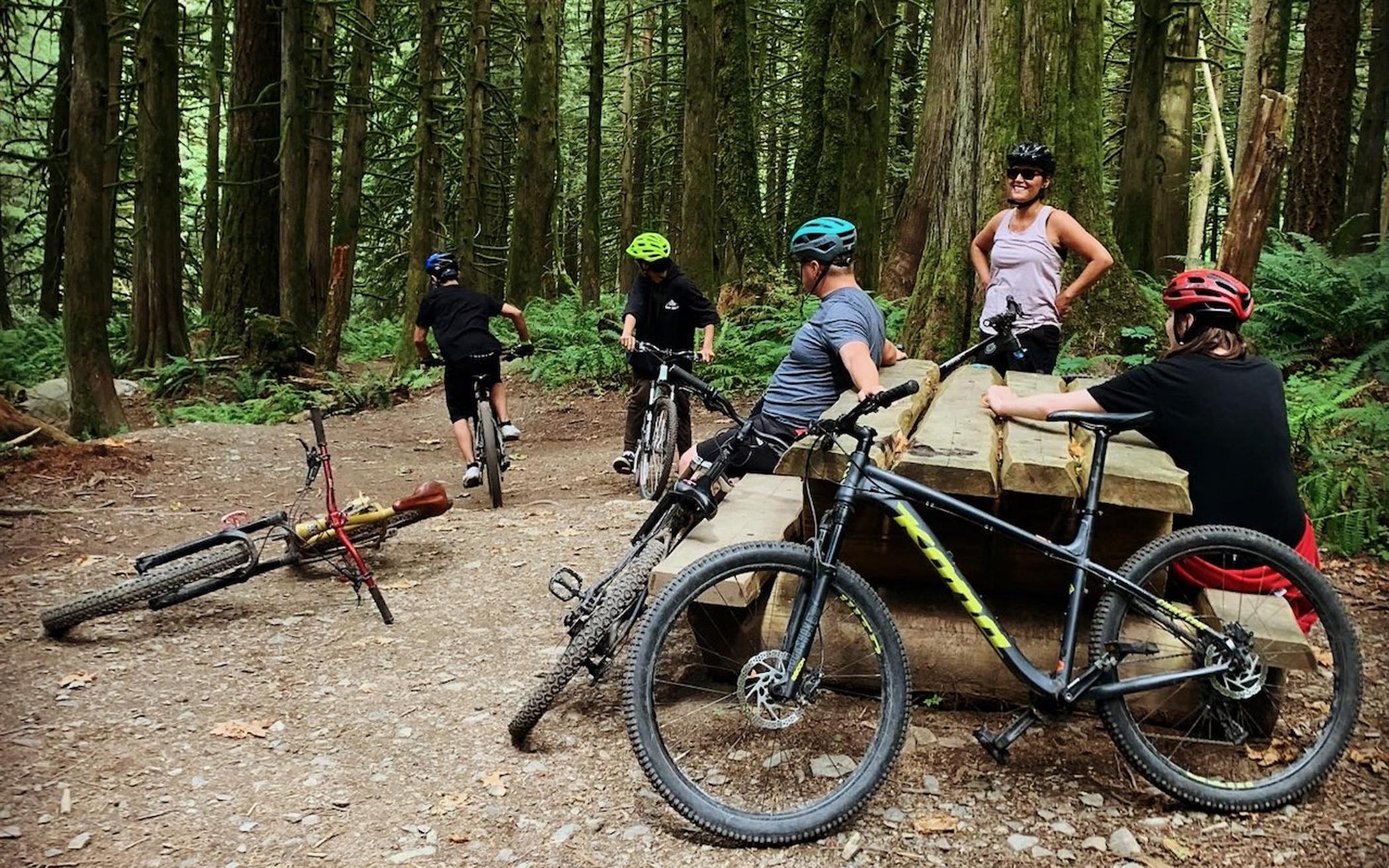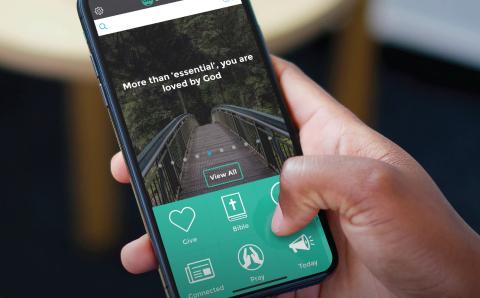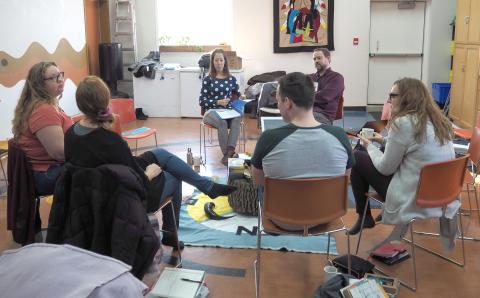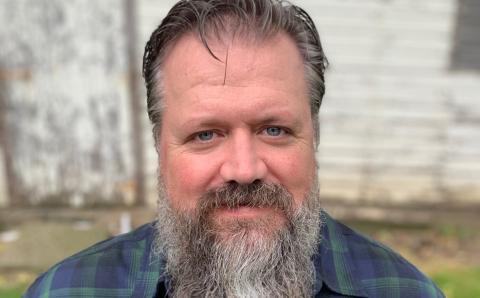Five years after Heartland Fellowship Christan Reformed Church in Chilliwack, B.C., partnered with the local community to create a trail in the forests on the edge of its growing community (Building Community While Building Trails), the number of trails and opportunities for the park have increased significantly. More importantly, community relationships have expanded and deepened during this past summer of COVID-19 caution and continued drug overdose concern.
“During the pandemic, the trail building and biking has given a renewed or new sense of joy and excitement for some of the youth,” said Breanna Miller, youth services manager for the Stó:lō Service Agency, supporting First Nations youth through a program called Mémiyelhtel. “Youth who may never have crossed paths otherwise now have an amazing respect and acceptance for the other,” Miller said.
This summer, Miller met Marc Greidanus, a medical doctor, a member of Heartland Fellowship CRC, and an early initiator of the trail maintenance. “Heartland Fellowship’s advocating for trails and greenspace preservation serves as a practical service to our community and also created a common goal for our members to engage with our First Nations communities.”
This year, funding included grants from the provincial overdose awareness program directed toward support for at-risk youth. United Way joined the partnership along with the Chilliwack Park Society with funding to purchase mountain bikes.
“Many of the youth we support are risk-takers and enjoy the adrenaline rush,” said Miller. “It was great to introduce these young people to a ‘healthy risk’ that connects them to the community and to the land, facing their own fears of the unknown and of heights.”
The park gets a lot of use. Heartland members Kylie Greidanus and Natasha Kikkert introduced a summer Vacation Bible School program called SWAG: Showing the World our Amazing God, inviting children to explore the forest. Through the Chilliwack Park Society, free forest field trip programs are provided for all local schools. There are also initiatives for families to come into the forest on their own for seasonal games, adventures, and snacks.
Marc Greidanus said the relationships that are grown and strengthened by building and maintaining trails and honoring nature, pay dividends in trust, in public health, and in his day-to-day work as an emergency room doctor. Working within not only a COVID-19 pandemic but a much longer drug overdose crisis, Greidanus believes that relationships can and do save lives.
“Our current overdose crisis in North America crosses cultural and economic categories,” he said, learning from the experience of how Stó:lō is addressing the crisis in its community by co-producing a short film with them this summer. “CRC members are not immune to overdose, and men working in the trades are at a particularly high risk. These deaths are preventable, and we don't even need fancy drugs or gene therapy to make a difference. We just need to have honest conversations about drug use with our loved ones. The stakes are high, and the costs (of talking about it) are low. A conversation can save a life.”
About the Author
Jenny deGroot is a freelance media review and news writer for The Banner. She lives on Swallowfield Farm near Fort Langley B.C. with her husband, Dennis. Before retirement she worked as a teacher librarian and assistant principal.






